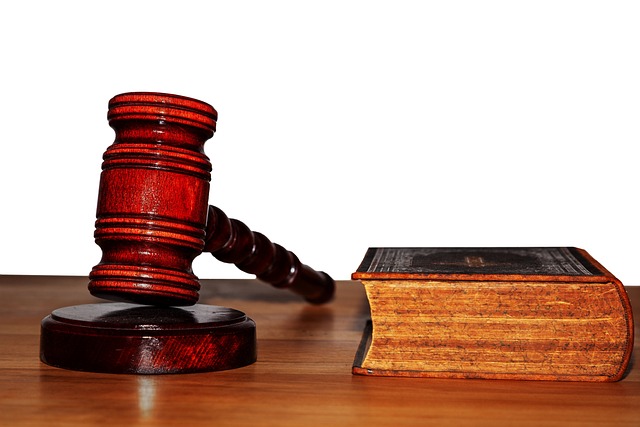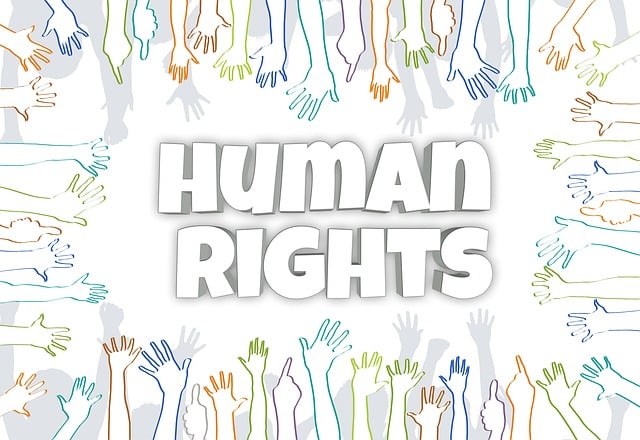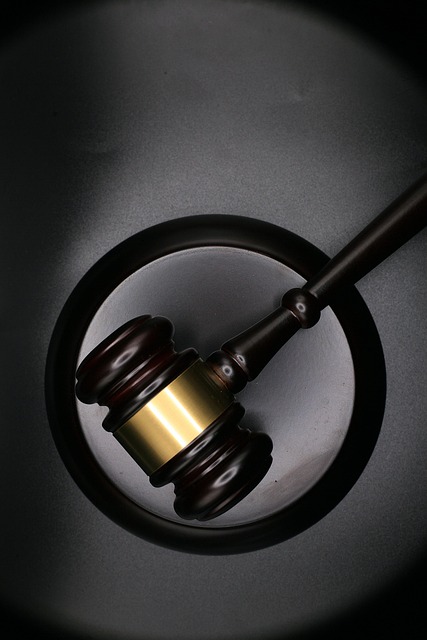Environmental Crime Trials, driven by recent changes in Financial Regulation Law, are crucial for holding businesses accountable for pollution, habitat destruction, and resource depletion, with significant impacts on public health. These trials, involving both small businesses and multinational corporations, shape societal perceptions of environmental stewardship. Specialists employ advanced evidence and arguments to navigate stricter regulations. An effective strategy includes meticulous investigation, data analysis, and compelling narratives emphasizing consequences. International cooperation is vital for cross-border crimes, fostering global environmental commitment. Understanding these evolving legal landscapes, with a focus on recent changes in Financial Regulation Law, is key for securing justice and contributing to a sustainable future.
“Uncovering Environmental Criminality: Navigating Trials and Global Collaboration
Environmental crime trials are a pivotal aspect of holding offenders accountable for their impact on our planet. This article delves into the legal intricacies of these cases, offering a comprehensive overview. We explore how recent amendments to financial regulation laws have enhanced environmental prosecution, with a focus on key strategies and international cooperation.
By examining successful approaches, we aim to illuminate the path towards greater environmental justice, drawing insights from past challenges and best practices for a sustainable future.”
- Understanding Environmental Crime Trials: A Legal Perspective
- Recent Changes in Financial Regulation Law and Their Impact on Environmental Cases
- Key Elements of an Effective Environmental Crime Trial Strategy
- International Cooperation in Prosecuting Environmental Offenders
- The Future of Environmental Justice: Lessons Learned and Best Practices
Understanding Environmental Crime Trials: A Legal Perspective

Environmental Crime Trials represent a critical intersection of legal expertise and societal concern for environmental preservation. These trials reflect recent changes in financial regulation law, moving beyond traditional boundaries to hold individuals and corporations accountable for ecological damage. As such, they involve complex analysis of laws pertaining to pollution, habitat destruction, and resource depletion, often intertwined with broader issues of public health and safety.
Understanding these trials requires a comprehensive approach that considers all stages of the investigative and enforcement process. Lawyers play a pivotal role in defending their clients, who may range from small businesses accused of minor infractions to multinational corporations facing grave environmental allegations. The outcome of such cases not only determines legal consequences but also shapes public perceptions regarding environmental stewardship and the responsibilities of both philanthropic and political communities.
Recent Changes in Financial Regulation Law and Their Impact on Environmental Cases
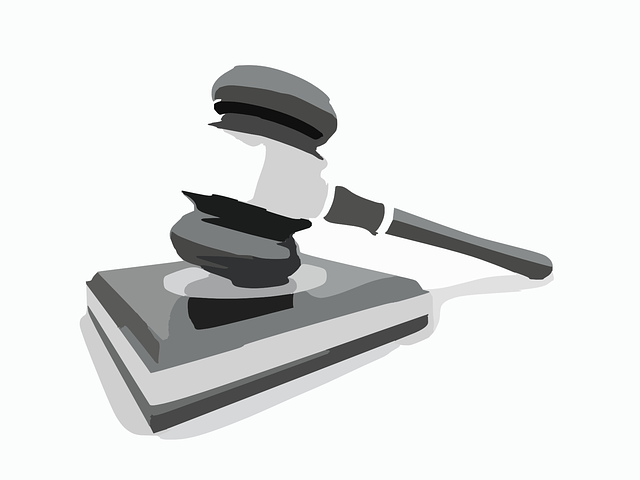
Recent changes in Financial Regulation Law have brought about significant shifts in how environmental cases are approached. These updates aim to strengthen accountability for businesses involved in activities that cause environmental harm, with implications for both prosecution and defense strategies. The revised laws narrow loopholes often exploited by corporations to avoid indictment, focusing more on the role of financial entities in facilitating illicit practices.
This shift has profound effects on white-collar defense mechanisms. Businesses must now navigate stricter regulations, ensuring compliance at every stage of their respective business operations. Legal teams specializing in environmental law are adapting their strategies, employing new evidence and arguments to demonstrate corporate responsibility and avoid the severe consequences associated with financial crimes.
Key Elements of an Effective Environmental Crime Trial Strategy

In navigating the complex landscape of environmental crime trials, an effective strategy is paramount. With recent changes in financial regulation law, understanding key elements becomes even more critical. The first step involves thorough investigation and evidence collection. This includes documenting pollution sources, quantifying environmental damage, and gathering financial records to prove intent and liability. An experienced legal team should employ innovative tactics, such as utilizing advanced technology for data analysis, to gain a competitive edge.
Moreover, building a compelling narrative is essential. Presenting the case as an unprecedented track record of environmental protection can sway juries. By showcasing successful interventions and recovery efforts, the prosecution can demonstrate the high-stakes nature of these crimes. This strategy not only wins challenging defense verdicts but also sends a powerful message to potential perpetrators, underscoring the severe consequences of environmental crimes.
International Cooperation in Prosecuting Environmental Offenders

International cooperation plays a pivotal role in prosecuting environmental offenders, especially across borders where crimes often have far-reaching impacts. With the increasing global awareness of environmental issues, countries are recognizing the need for unified efforts to combat these heinous acts. The recent changes in financial regulation laws have further emphasized the importance of international collaboration, as many environmental crimes involve complex financial networks and require a coordinated response from regulatory bodies worldwide.
This cooperation is crucial in ensuring that all stages of the investigative and enforcement process are comprehensive and effective. By sharing information, resources, and expertise, nations can navigate the intricate web of white-collar and economic crimes related to environmental degradation. Such collaboration not only strengthens the legal cases against perpetrators but also serves as a powerful deterrent for potential future offenders, fostering a global commitment to preserving our planet’s fragile ecosystem.
The Future of Environmental Justice: Lessons Learned and Best Practices
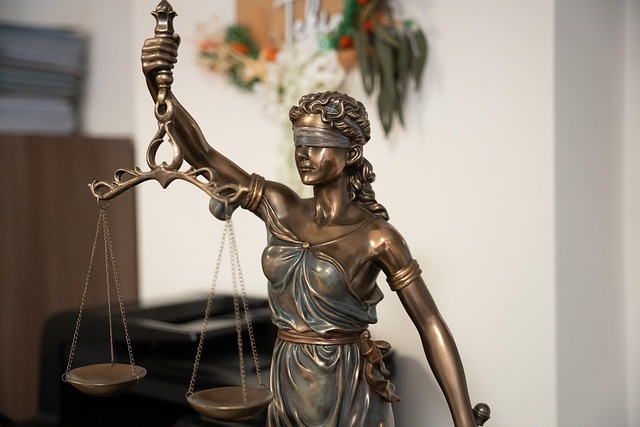
As environmental crimes gain increasing prominence in the legal landscape, understanding the future of environmental justice is paramount. Recent changes in financial regulation law have significantly impacted how these cases are prosecuted and defended. The rise of white-collar defense strategies has been notable, with lawyers leveraging complex financial systems to build winning challenging defense verdicts. This shift underscores the need for a nuanced approach that considers both the economic and ecological dimensions of these crimes.
Lessons learned from past environmental trials highlight effective best practices: robust data analysis, community engagement, and innovative legal arguments have proven crucial in securing justice. By integrating these strategies, legal professionals can navigate the intricate labyrinth of environmental law with greater success. This approach not only ensures that perpetrators are held accountable but also fosters a more sustainable and equitable future for all.
[ … [ […] … die ein … … die … … … eine … … der … … durch … … … an der … … … die … … … … … .. … … … … ein … … … … … … … … … … … … … … … … … … … … … … … … … … … … … … …
